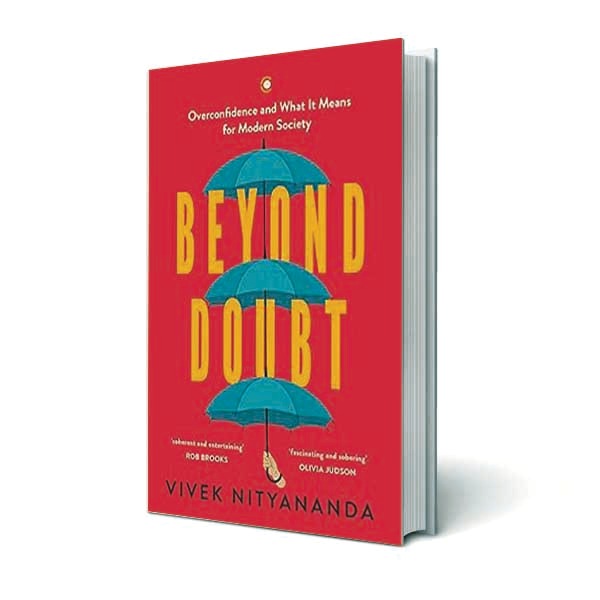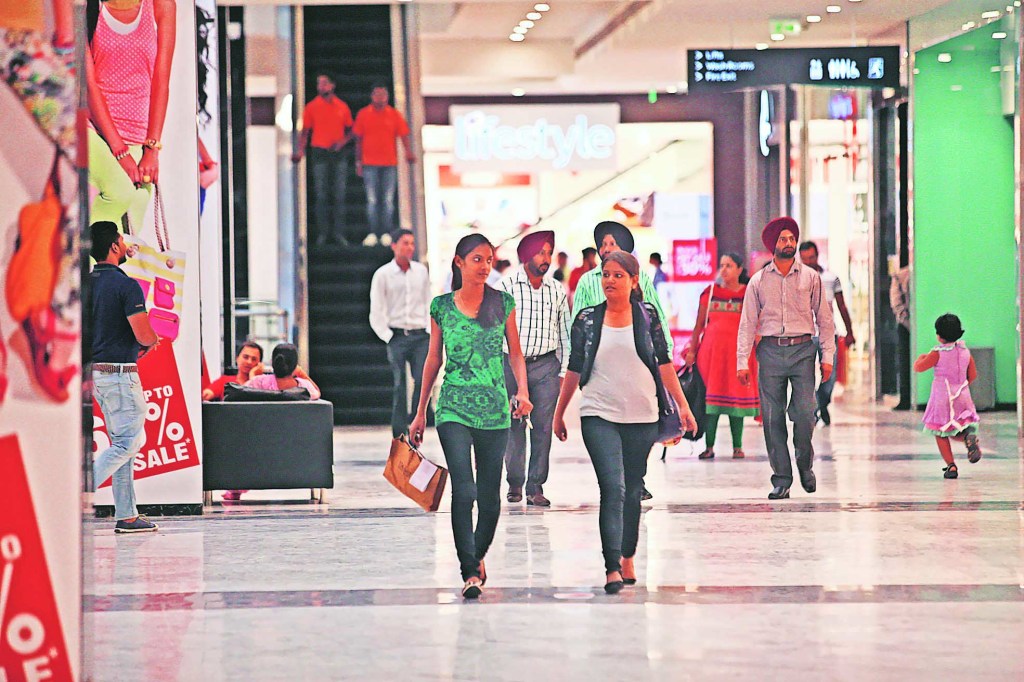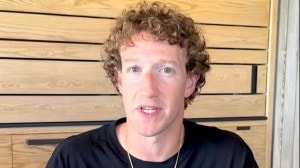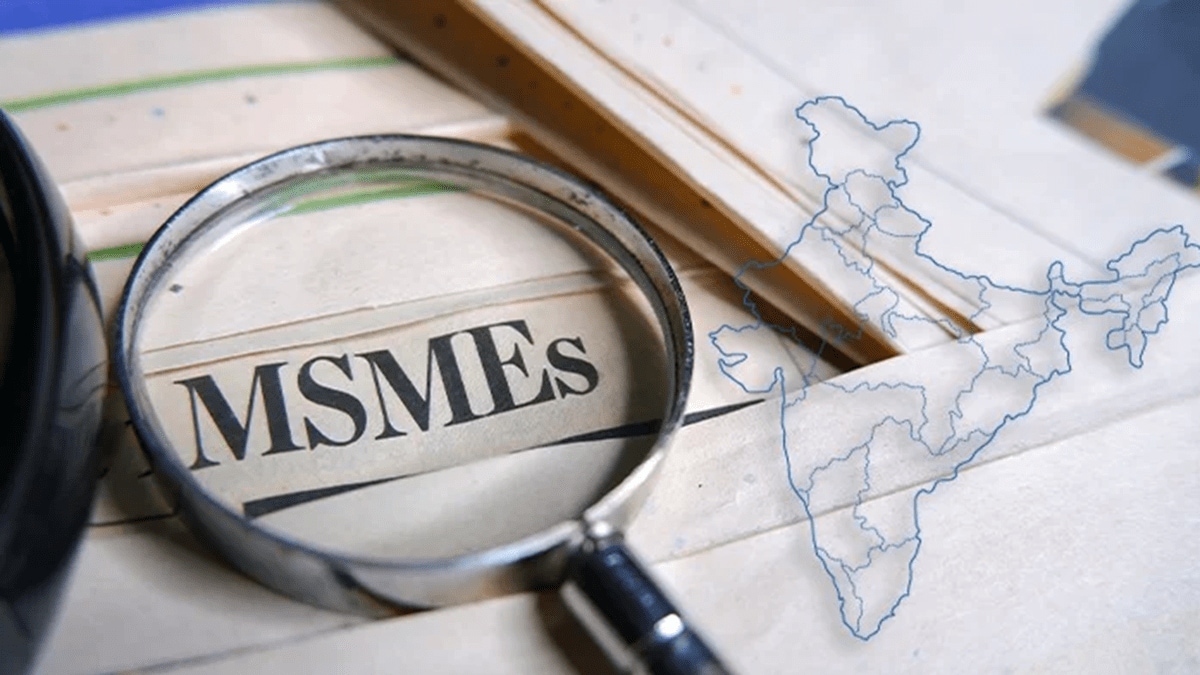By Mohit Hira
There is a fine line that separates bravado from genuine belief. And often, this minute gap can make a significant difference to outcomes in almost any field—across economics, politics and society at large.
Vivek Nityananda, a behavioural biologist, has studied frogs to understand humans! His approach to a subject we often comment about in passing is based on deep academic research in his book Beyond Doubt: Overconfidence and What It Means for Modern Society. The well-indexed treatise serves as a sharp exploration of overconfidence, an almost ubiquitous trait that pervades contemporary societies the world over. This brash, blinkered, misplaced courage can manifest itself in many ways—from the 10-minute deadline-driven delivery agents zipping the wrong way on narrow streets of Gurugram (where I somehow survive) to the analyst passing off a report as his own, but which he actually churned out from an AI platform.
This pervasive spectacle is impacting individuals and societies alike. In that sense, the book is well timed, for it delves into how overconfidence shapes our perceptions, decisions, and forms a new set of realities. As a keen watcher of contrasting human characteristics, I could not miss how the recent return of President Trump in the US sparked off a flurry of tectonic decisions akin to many which our policymakers have attempted here in India, but at a pace that has left the world breathless. Readers in both the United States and India, where cultural contexts and societal structures vastly differ—but also share common threads—will notice the obvious instances of overconfidence that usually precede a bubble.
The author begins by defining overconfidence as a psychological bias that leads individuals to grossly overestimate their abilities, knowledge, or apparent control over events. He argues that this peculiarity is not merely a personal character flaw but a widespread issue that affects just about every sector. He goes on to state, “Every one of us knows overconfidence intimately, although it is perhaps easiest to spot in others.” As an accidental venture capitalist, this single statement resonates with me; just as it must be in Silicon Valley, many of our own startup founders exhibit overconfidence in their pitch decks. And should an investor suppress doubt to make a punt based on overconfidence, an infusion of capital can lead to disastrous miscalculations that will eventually result in a domino effect of errors. There’s a delightful recount of a classic Akbar-Birbal story in an entire chapter titled Build a Lie, which serves as a reminder of the adage ‘fools rush in where angels fear to tread’; a graffiti I’d once seen had changed it to ‘fools rush in… and grab the best seats!’ The reader will have to choose between the two, which is where Beyond Doubt serves as a much-needed provocation.
Presumably, years of research led Vivek Nityananda to document compelling evidence that overconfidence is often aggravated by cultural factors—he leverages data to indicate that confidence levels vary significantly across countries. In a survey by YouGov, 41% of Americans and 36% of Indians believed their country was the best in the world—a stark contrast to lower percentages in many European nations.
Fuelled by political speeches, this nationalistic pride may bolster individual overconfidence, leading to a collective mindset that can overlook critical realities. One has to return to the start of the Covid pandemic to recall how millions ignored warnings to further infect the population, often losing their own lives in the bargain.
Nityananda cleverly connects the dots between a person’s overconfidence and broader societal implications. He discusses how this trait influences decision-making at many levels—from personal choices to governmental policies. For example, he notes how city planners often underestimate project timelines and costs because of an inflated sense of their capabilities. This phenomenon is not unique to any one culture; it transcends borders and is evident in both American infrastructure projects and Indian urban development initiatives—our scorching infrastructural expansion invariably overshoots original budgets and still falls short of catering to the ballooning population. At the root of this failure lies overconfidence that clouds judgment.
Another astute section of Beyond Doubt records how cultural narratives shape individual aspirations and expectations. Nityananda notes that, in India, a significant portion of the population self-identifies itself as middle class—often regardless of economic reality—leading to an aspirational mindset that drives optimism about future prospects. This phenomenon contrasts with more cynical views prevalent in some Western cultures where economic challenges are more openly acknowledged.
While he does not seem to document this, it would appear that, over the past three decades or so, we Indians have overcome pessimism to swing to the other extreme, perhaps triggered by the 1991 economic liberalisation. If last year’s stock market boom is any indicator, overconfidence was the single factor that attracted new investors who subsequently burnt their fingers.
Throughout Beyond Doubt, the author does not just diagnose the problem; he also offers possibilities for mitigating the effects of overconfidence. He encourages greater awareness and education around this bias, suggesting that developing critical thinking skills can help individuals make more informed decisions. I would wager that a heightened sense of mindfulness itself will lead to readers to assess or challenge their own biases and seek more grounded perspectives.
One particularly poignant quote encapsulates his message: “The expectation of a better life only reverses after the age of sixty-five.” This insight serves as a reminder that while optimism can drive motivation, it must be tempered with realism to avoid disillusionment. The glass—half full or half empty—is still a fragile glass.
While not many bullish readers may relate to it, Beyond Doubt is definitely a thought-provoking examination of overconfidence’s role in shaping individual lives and societal structures. Nityananda’s exploration is particularly relevant for younger readers as its encouragement of critical reflection on cultural narratives surrounding success and failure are best applied early on in one’s life and career. By connecting personal experiences with broader societal trends, Nityananda exhorts us to consider how they might navigate their own biases while developing a more realistic outlook on life’s challenges. In that sense, this book is beyond doubt a cautionary tale as well as a call to action.
Mohit Hira is co-founder, Myriad Communications, and venture partner at YourNest Capital Advisors.
Book details:

Title: Beyond Doubt: Overconfidence and What It Means for Modern Society
Author: Vivek Nityananda
Publisher: Context
Number of pages: 300
Price: Rs 599







